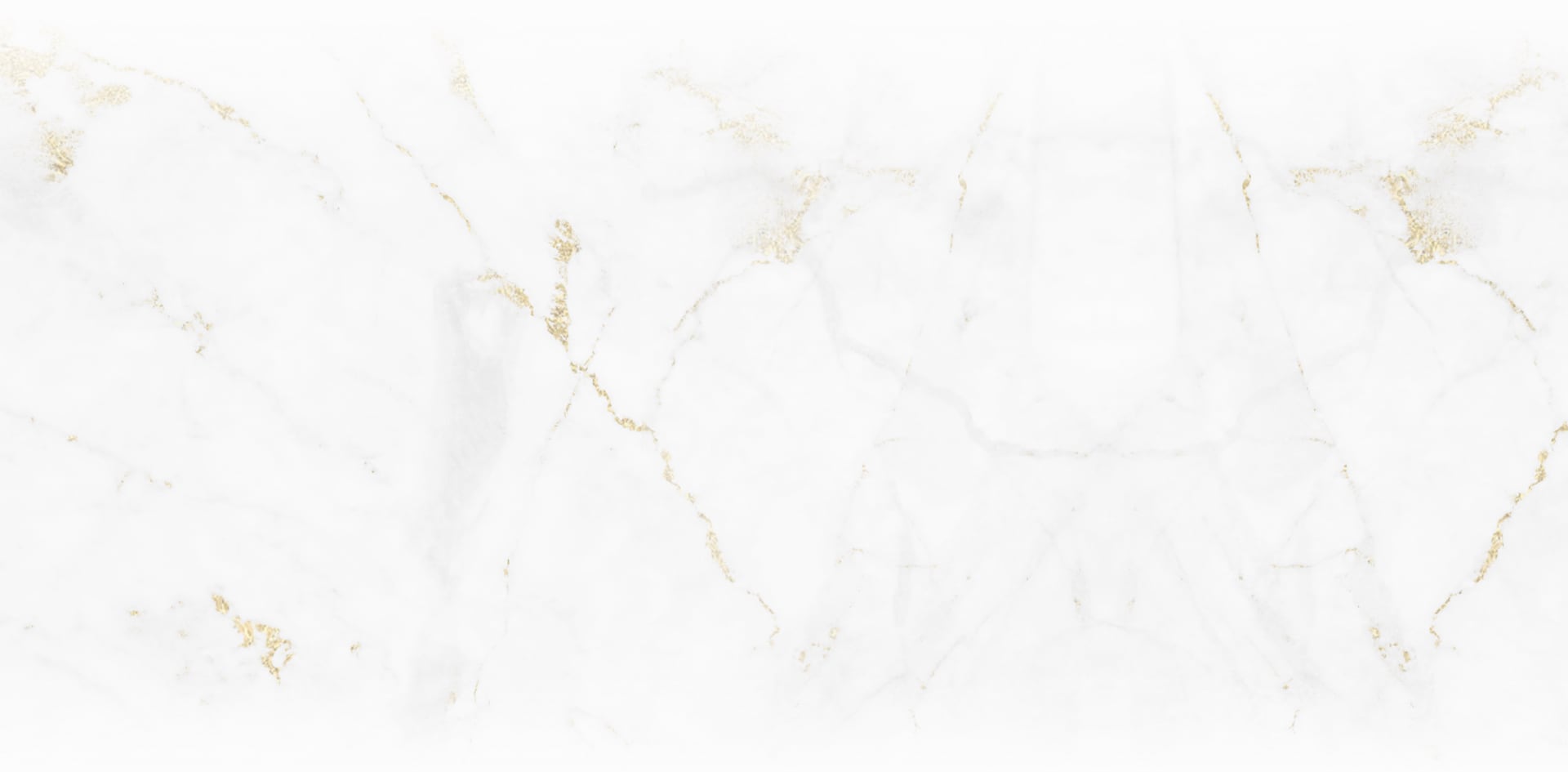You have just bitten down into some delicious ice cream, or taken a sip of a cold refreshing drip and recoil, wincing in pain. If this sounds familiar, you are not alone. Tooth sensitivity to cold is a common dental issue that affects millions of people worldwide. In fact, 1 in 3 people experience tooth sensitivity, according to the International Dental Journal.
While it can be uncomfortable, understanding the causes behind this sensitivity, including gum recession, tooth decay, grinding, certain dental procedures, and certain oral hygiene products, can help you find relief and improve your oral health.
That is where Kensington Dental Care comes in. We are here to help you find relief from a variety of dental issues, including tooth sensitivity. Preventive care is always best, but if you are already experiencing sharp pain after indulging in your favourite cold treats, it is time for a dental exam.
What Causes Tooth Sensitivity to Cold?
Tooth sensitivity to cold occurs due to the exposure of the tooth’s dentin, a porous tissue that lies beneath the tooth enamel and cementum. Several factors can lead to tooth sensitivity to cold, including:
- Gum Recession: Gum tissue can recede from the tooth, exposing the root surface, which lacks the protective enamel coating. The roots contain tiny tubules leading directly to the nerve of the tooth, making them particularly sensitive to cold.
- Tooth Decay or Cavities: Decay can penetrate through the enamel into the dentin, creating pathways for cold sensations to reach the tooth’s nerve.
- Fractured Teeth: Cracks or chips in a tooth can expose the dentin or inner pulp, increasing sensitivity.
- Teeth Grinding (Bruxism): This habit can wear down enamel over time, leading to increased sensitivity.
- Dental Procedures: Some dental treatments, such as tooth whitening, fillings, crowns, or even professional cleanings, can temporarily increase tooth sensitivity.
- Periodontal Disease: Infections or diseases affecting the gums can expose the tooth roots and contribute to sensitivity.
- Use of Mouthwash: Some over-the-counter mouthwashes contain acids that can worsen tooth sensitivity if the dentin is already exposed. Alcohol-based mouthwashes can also exacerbate the problem.
- Acidic Foods and Beverages: Frequent consumption of foods and drinks with high acidity, like citrus fruits, tomatoes, and carbonated drinks, can gradually erode tooth enamel.
Managing tooth sensitivity typically involves identifying and addressing the underlying cause. This may include using desensitizing toothpaste, making dietary changes, adopting a softer toothbrushing technique, or receiving professional dental treatments to protect exposed dentin or roots. If you are experiencing significant tooth sensitivity, it is important to consult a dentist to determine the most appropriate treatment.
How to Alleviate Tooth Sensitivity to Cold
Use Desensitizing Toothpaste: Specialized toothpaste designed for sensitive teeth can help block the tubules in the dentin, reducing sensitivity over time. Consistent use is key to seeing results.
Practice Proper Oral Hygiene: Brushing too hard or using a hard-bristled toothbrush can exacerbate sensitivity by further wearing down enamel. Opt for a soft-bristled brush and gentle brushing technique to protect your enamel.
Avoid Acidic Foods & Drinks: Limit your consumption of acidic beverages like soda and citrus juices, as they can erode enamel and worsen sensitivity. Rinse your mouth with water after consuming acidic foods to help neutralize acids.
Use Fluoride Mouthwash: Fluoride strengthens enamel and can help reduce sensitivity. Incorporate a fluoride mouthwash into your oral care routine, especially if you are prone to cavities or enamel erosion.
Wear a Night Guard: If you grind your teeth at night, wearing a night guard can prevent further enamel wear and reduce sensitivity.
Visit Your Dentist Regularly: Regular dental exams and cleanings are crucial for maintaining good oral health. Your dentist can identify underlying issues contributing to tooth sensitivity and recommend appropriate treatments.

How to Brush & Floss Your Teeth Properly
The Canadian Dental Association (CDA) emphasizes the significance of regular dental exams, brushing, and flossing as fundamental practices for maintaining dental health. The CDA provides detailed instructions for effective brushing and flossing:
Brushing
- Brush Selection: Use a soft brush with rounded bristles, selecting a size and shape that reaches the back teeth comfortably. Replace your toothbrush every 3–6 months.
- Technique: Brush at a 45-degree angle to the teeth, focusing on the area where gums and teeth meet. Employ gentle circular motions without scrubbing to avoid gum recession.
- Coverage: Ensure every surface of each tooth is brushed, including cheek side, tongue side, and tops.
- Duration: A thorough brushing session should last 2 to 3 minutes. Consider timing yourself to ensure adequacy.
- Additional Step: Cleaning your tongue is advised to remove plaque and bacteria from surfaces your toothbrush might not reach.
Flossing
- Preparation: Use a piece of floss as long as your arm. Wrap it around your middle fingers, leaving about 2 inches between your hands, and use your index fingers to guide it between your teeth.
- Technique: Slide the floss between your teeth and form a “C” shape around the base of the tooth. Gently move the floss under the gumline, wiping the tooth from base to tip 2 to 3 times.
- Completeness: Floss both sides of every tooth, including the backs of your last molars. Use a new section of floss for each tooth.
Enjoy a Sensitivity-Free Smile
Tooth sensitivity to cold can be a frustrating and uncomfortable experience, but it is often manageable with the right approach.
By understanding the underlying causes and implementing proper oral care techniques, you can alleviate sensitivity and enjoy your favourite cold treats without fear.
Remember, if sensitivity persists or worsens, seek professional dental advice. Your dentist at Kensington Dental Care can provide personalized recommendations to address your specific needs and help you enjoy a healthy, pain-free smile. Get in touch with us and book your appointment today!










